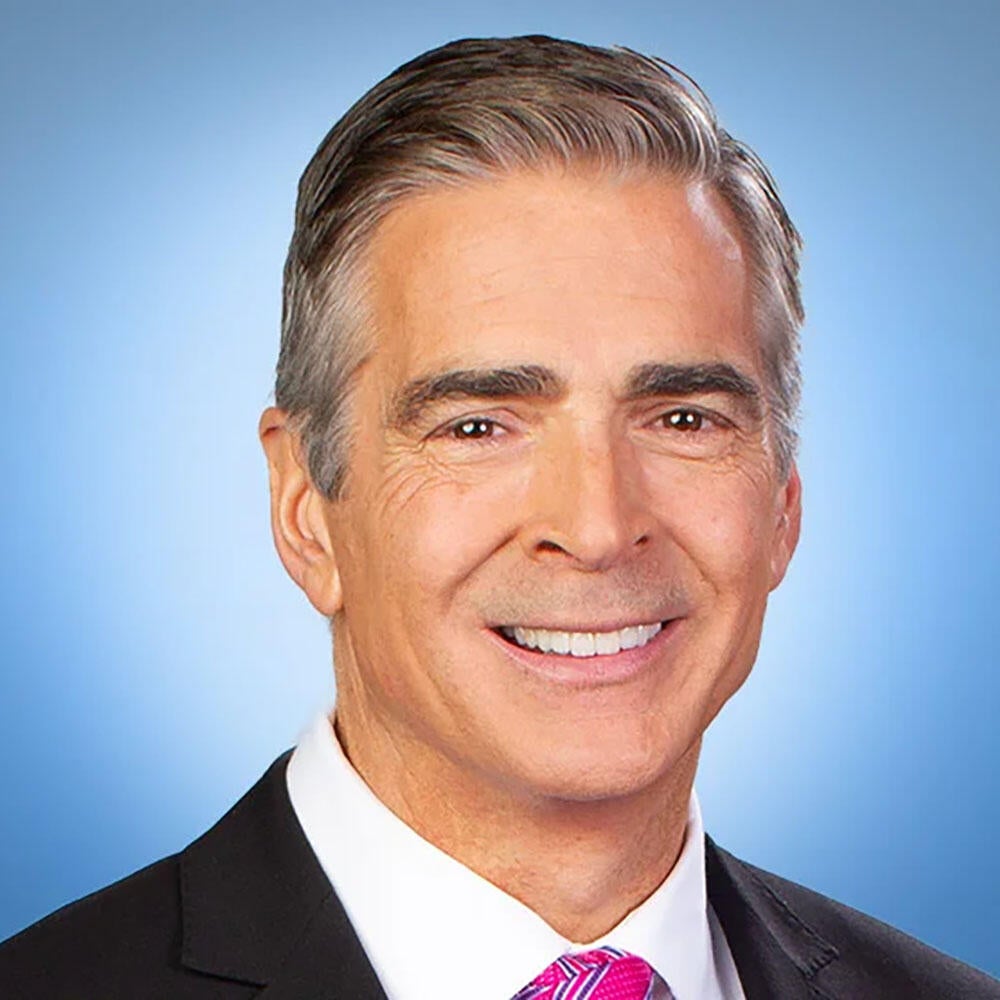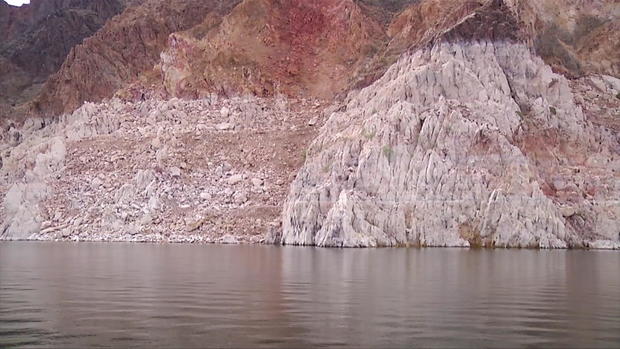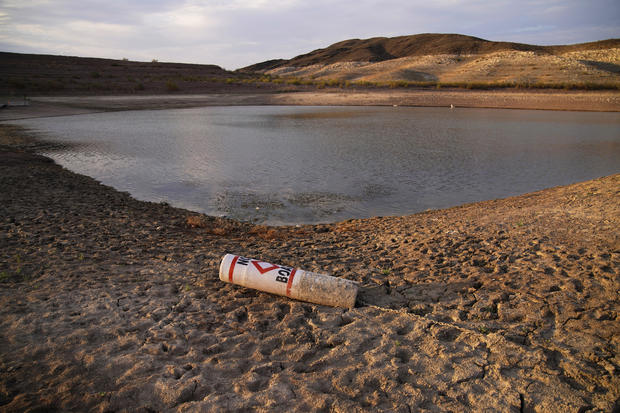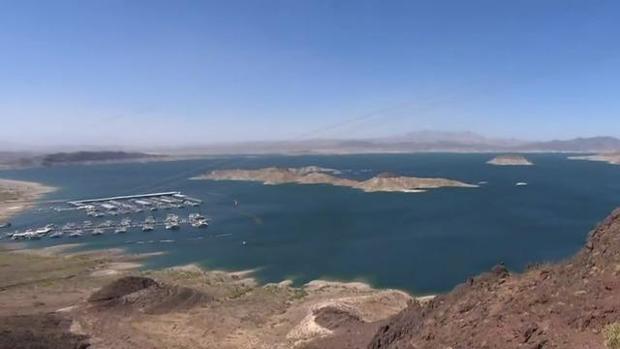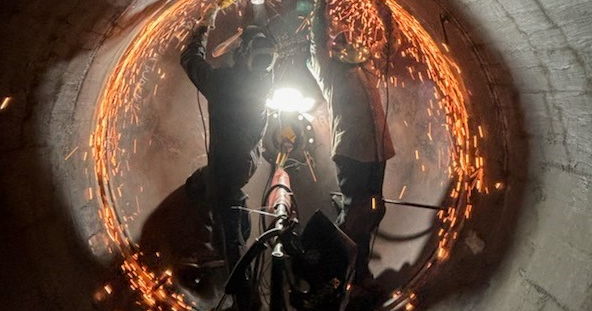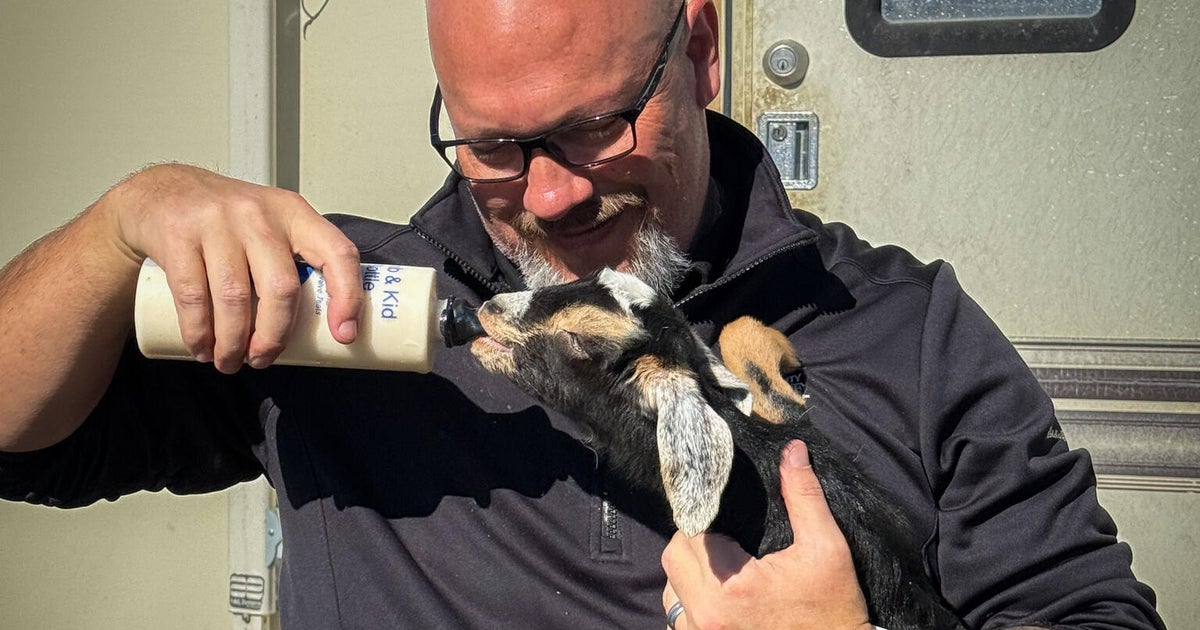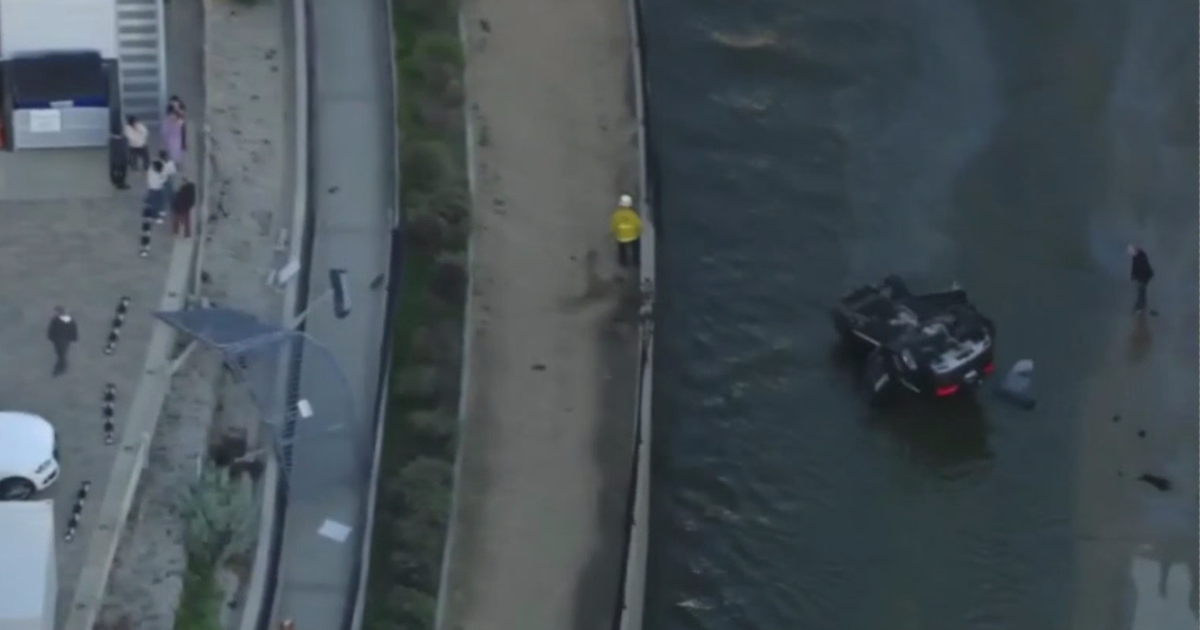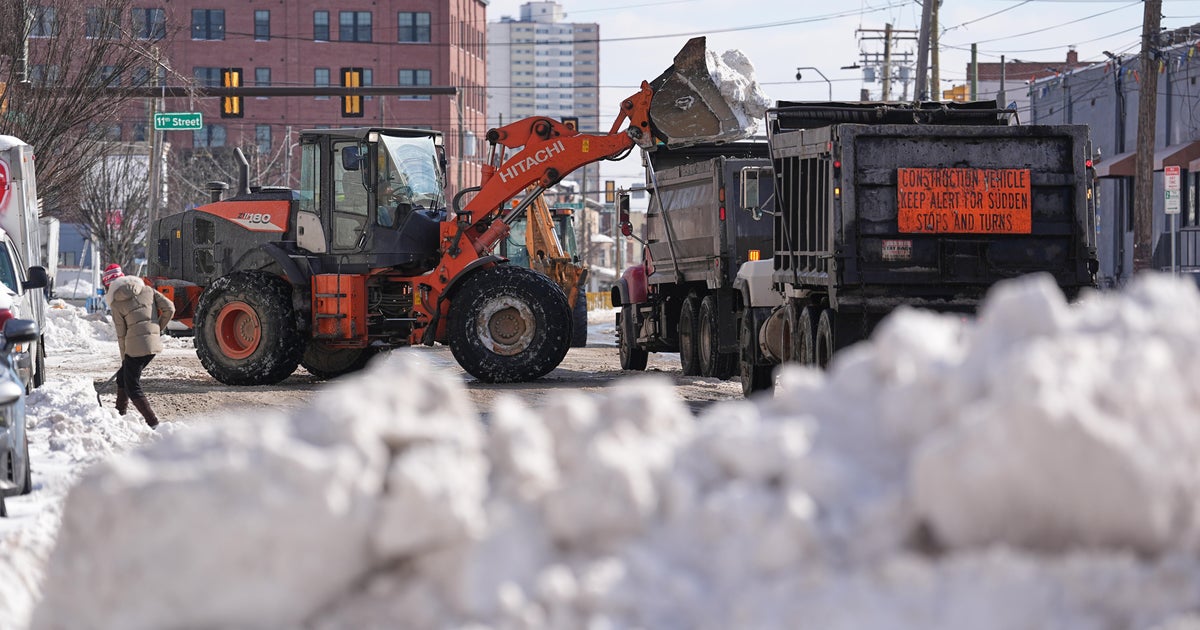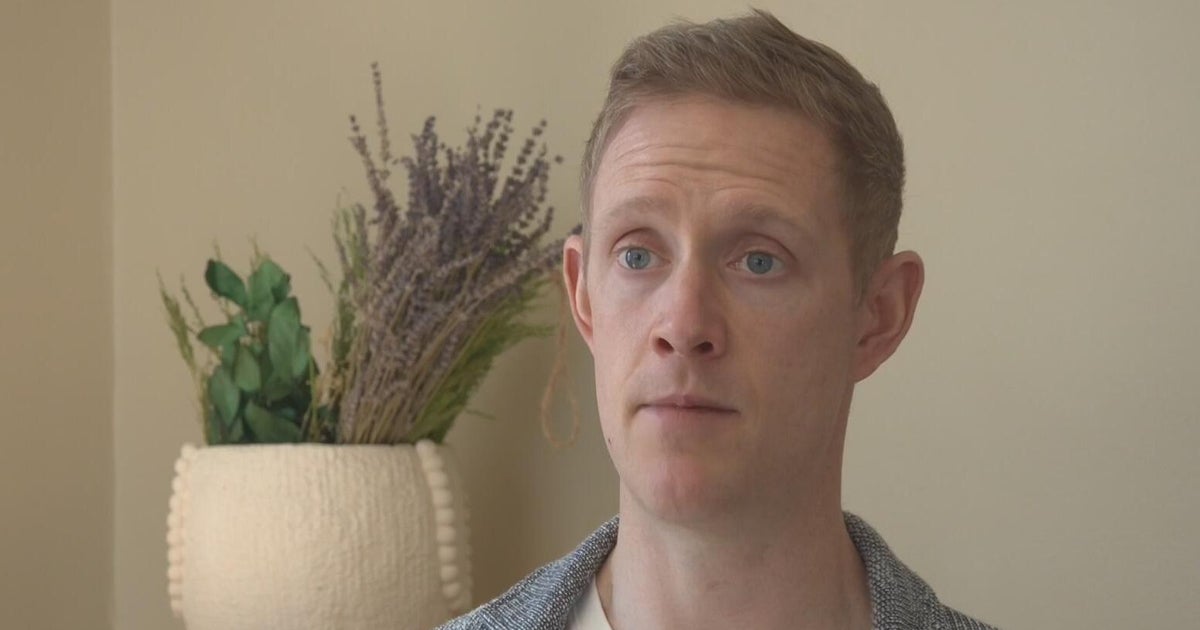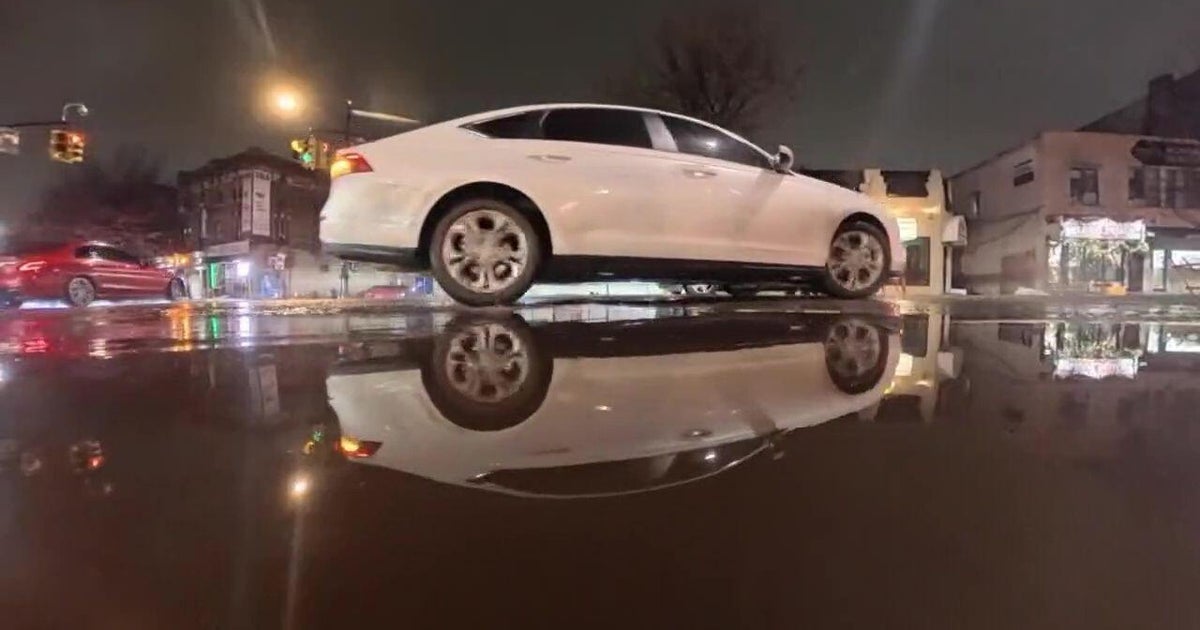Colorado River Basin restrictions likely just the start
The US Bureau of Reclamation Tuesday said water shortages in the Colorado River have passed a threshold leading to new water restrictions as seven states involved in the Colorado River Compact have failed to reach a new deal to replace the one signed 100 years ago. Arizona will have to cut its draw from the Colorado system by 21% and Nevada by 8%. Mexico will also have to cut water use from the Colorado system by 7%.
"This day was predicted many, many, decades ago and here we are," said Kyle Roerink, executive director of the environmental group, the Great Basin Water Network. "There were folks like us saying, 'Yeah this system is not sustainable,'" he added. "And everybody stuck their heads in the sand."
Seven states are part of the Colorado River Compact, drawn up in 1922. They have been negotiating a new water deal to replace the one that has stood 100 years and will expire in 2026, although it has been amended through the years.
"The Bureau of Reclamation has indicated that if the states aren't willing to step up and do something that they act unilaterally and try to address this problem. But understandably the Bureau doesn't want to come in and dictate to the states how they're going to do this," said Mark Squillance, Raphael J. Moses professor of natural resources law at CU Boulder.
The states missed a Tuesday deadline to come up with an additional 15% of cuts in water usage from the Colorado River Basin. More federal thresholds and deeper restrictions loom.
"What we're seeing right now is a lot of resistance from the states to do anything of significance," said Squillance.
It is hard to come to an agreement, particularly when political leaders will have to tell voters they have to use less water. The states are at odds over how to set up the cuts. "They're sharpening their knives. And we're getting ready to potentially see legislation that could potentially change the game. Potentially litigation," said Roerink.
In Colorado, there have already been moves to conserve and to move more water. The Blue Mesa Reservoir has been drawn down to serve Lake Mead downstream. Mead and Lake Powell are at about a quarter of their capacities. There are new incentives for changing out the grass on lawns for xeriscaping in some areas. Residential use has actually declined in the Denver metro area in spite of a growing population due to conservation. But there are projects in the works to pull more water from the Colorado and its tributaries on the Front Range; Denver Water's Gross Reservoir expansion and the Windy Gap Firming Project being done by Northern Water.
"It's fair to ask whether or not we ought to be continuing to increase the amount of water that we're diverting out of the Basin," said Squillance.
Other tough choices ahead are likely to be coming.
"No one is going to want to give up a significant portion of their water rights… least of all California. Which has historically used the most water on the river," said Squillance.
One big draw is agriculture, which uses up to 70% of the water being pulled from the Colorado Basin. The lower basin states and Mexico are big suppliers of vegetables for the nation in the late season and winter months.
"It is an important bread basket for the country and no one I think is suggesting that we get rid of those agricultural areas," said Squillance.
But there could be a hard look at crops coming. Among them, is alfalfa, which is one of the thirstiest crops grown. Primarily used for animal feed, farmers have a lucrative crop in alfalfa, much of which is exported to places like China.
"It's a fair question to ask, should we be exporting a water consumptive crop like alfalfa?" Squillance posed.
Part of the overall equation is even unknown. Colorado itself is allowed 51.5% of the upper basin water allocation, but no one is sure what that amount is. Climate change and drought have brought down the amount of water drastically. Dried-out earth is more absorptive and less water from the snowpack is making it into the Colorado, even when the snowpack is decent.
An agreement among the states looks very distant and the current pact expires in 2026.
"Everybody is preparing for the worst as it relates to their own interest but not necessarily preparing for the worst as it relates to the interest of the river," said Roerink.
There are many buckets to fill, but little to put in them.
"I think it's going to be very difficult to get all the states and Mexico and the Indian tribes to agree to a different approach to the river," said Squillance.
